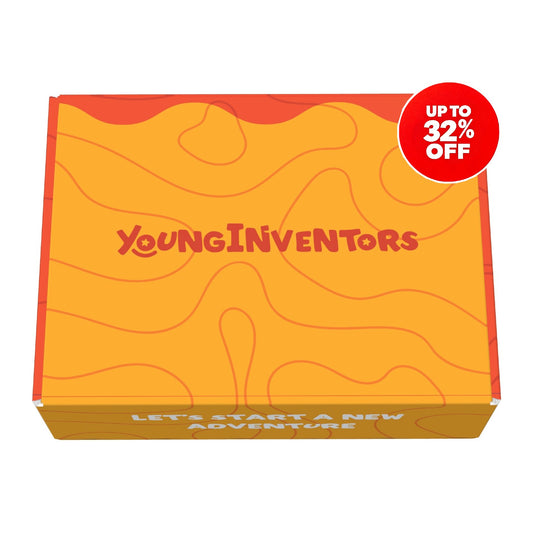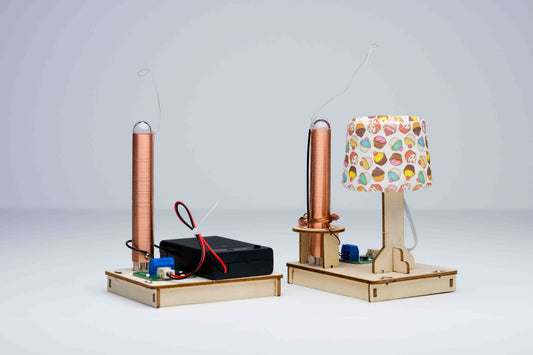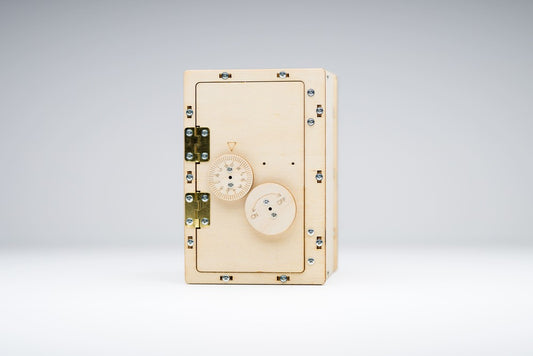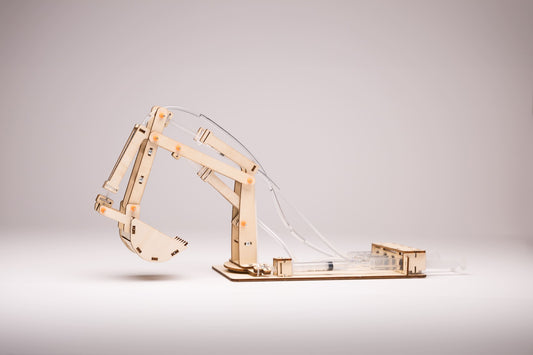The landscape of education is continuously evolving, especially within the fields of Science, Technology, Engineering, and Mathematics (STEM). As we advance further into the 21st century, the emphasis on these areas becomes increasingly important, preparing the next generation for a technology-driven world. Here's a look at some of the latest trends in STEM education and how Young Inventors is not only keeping pace but also leading the charge in innovative learning.
1. Integration of Advanced Technologies
- Trend: The incorporation of advanced technologies like artificial intelligence (AI), virtual reality (VR), and augmented reality (AR) in educational settings.
- Young Inventors' Approach: Young Inventors kits include AR-enabled activities that allow children to visualize complex scientific models and engineering principles in a more interactive and engaging way. By scanning parts of their kit with a smartphone or tablet, children can see 3D simulations that enhance their understanding and retention of the subject matter.
2. Personalized Learning
- Trend: Customized educational experiences are becoming more prevalent, allowing students to learn at their own pace and according to their interests.
- Young Inventors' Approach: Each subscription box can be tailored to the child's age and previous feedback, adapting the complexity and focus of the projects accordingly. This ensures that every child remains engaged and challenged without feeling overwhelmed.
3. Project-Based Learning (PBL)
- Trend: PBL is an instructional methodology that encourages learning and assessment through hands-on projects and real-world challenges.
- Young Inventors' Approach: Young Inventors embraces PBL by providing comprehensive project kits that involve children in the design, creation, and troubleshooting of real-world problems. These projects help develop critical thinking, creativity, and problem-solving skills.
4. Focus on Soft Skills
- Trend: There’s a growing recognition of the importance of soft skills like teamwork, communication, and adaptability alongside technical abilities in STEM fields.
- Young Inventors' Approach: Many kits encourage collaborative projects that can be performed in groups, promoting teamwork and communication. Instructions include guidance on how to discuss projects with peers and family, enhancing interpersonal and presentation skills.
5. Sustainability in STEM
- Trend: With increasing awareness of environmental issues, there is a significant push towards incorporating sustainability into educational curricula.
- Young Inventors' Approach: Sustainability is a core theme in many Young Inventors kits, which include projects like building solar-powered devices or experiments that teach about renewable energy and conservation. The materials used in the kits are eco-friendly and recyclable, emphasizing the importance of sustainability in everyday life.
Staying Ahead in a Changing World
Young Inventors remains at the forefront of STEM education by continuously updating its content and methodologies to reflect the latest educational trends and technologies. By doing so, it ensures that children are not only prepared to meet the challenges of the future but are also inspired to become the innovators and problem-solvers of tomorrow.
This commitment to high-quality, progressive education reflects why Young Inventors is a leader in STEM learning, providing valuable skills that will benefit children throughout their educational and professional lives. Whether through augmented reality enhancements or projects that emphasize global issues like sustainability, Young Inventors is dedicated to preparing young learners for the rapidly evolving world around them.





